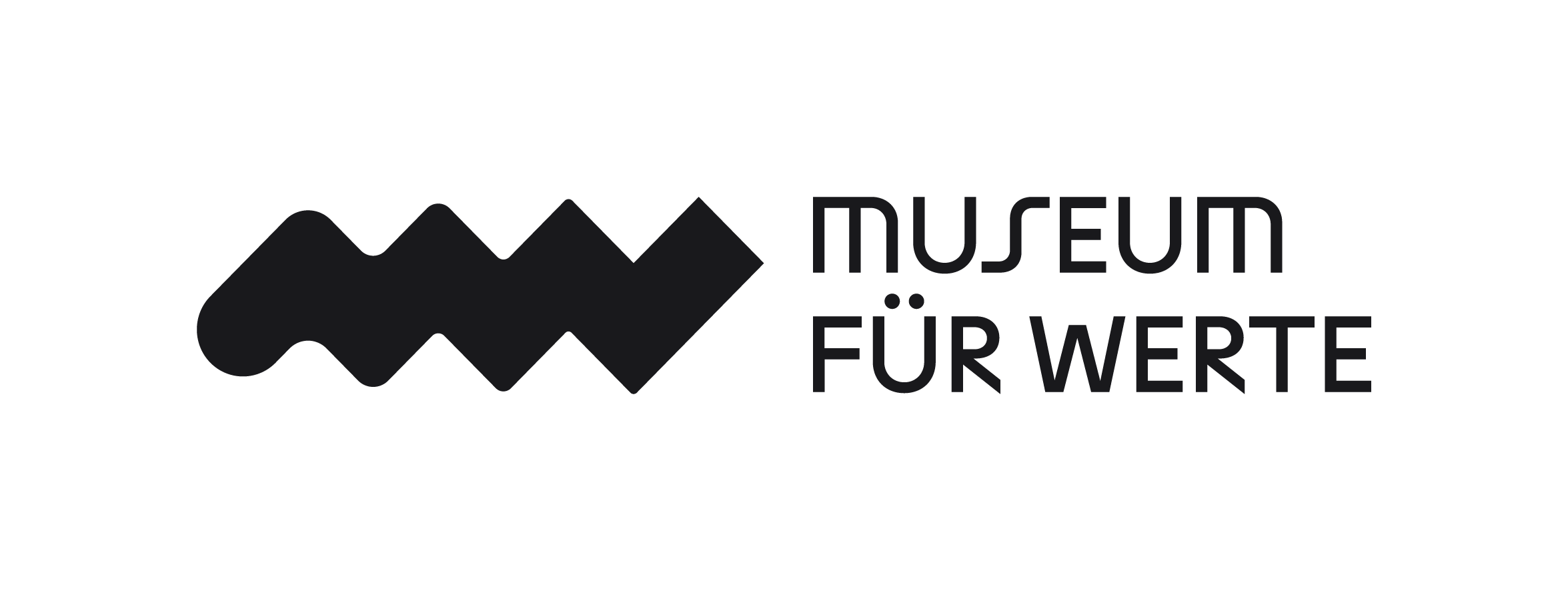Freedom between the classroom and the digital world
What does freedom look like for someone who navigates daily between the structured world of a classroom and the boundless public of TikTok? Nico Kappe , a teacher and high-profile social media creator, offers fascinating answers in a dialogue with the Museum of Values. It's a conversation about the balance between rules and creativity, responsibility in the digital space, and the future of learning.
The link to the podcast .
The Classroom: A Training Room for Freedom
For Nico Kappe, the understanding of freedom begins in everyday school life. He knows that a productive learning environment requires a clever balance of structure and freedom.
Why freedom sometimes needs strict rules
"I know schools and students who need very strict rules because they often don't have any at home either, and they're grateful for structure," he explains. His goal isn't control, but rather creating a safe environment in which creativity and critical thinking can flourish.
Learning real freedom of expression
A central concern for him is the communication of real Freedom of speech . "Schools should not only produce workers, but also prepare us for society. And in this context, freedom of expression is a very important thing." At a time when this term is often confused with hate speech, he sees it as a core task to work with students to understand where the line is and what constructive discourse means.
The digital world: freedom as a social responsibility
Nico Kappe transfers these principles from the classroom to the digital world. He reaches a huge audience on TikTok, but he sees this reach not as a commercial opportunity but as a social responsibility.
Commitment instead of making money
"It's not about making as much money as possible," he clarifies. His videos are thought-provoking. He uses the platform to address complex topics and inspire people to think. For him, this, too, is a form of freedom: "I think that being socially engaged can also mean freedom."
The limits of freedom: A necessary compromise
Despite his optimistic outlook, Kappe is a realist. He knows that freedom needs limits to work for everyone.
Where your freedom ends
His principle is clear and classic: "Freedom extends only to the limit of the freedom of others." For him, teaching and living this respect for the freedom of others is one of the most important social tasks.
Responsibility in dealing with digital media
This principle is especially crucial in the digital space. The smartphone can be a tool of liberation, but only if used consciously. "If you use devices like your smartphone responsibly, that is definitely a key to freedom."
Conclusion: Shaping the cultural revolution
Nico Kappe's vision for the future is characterized by an active, proactive optimism. He sees digitalization not as a threat, but as a fundamental change that we must shape.
"Digitalization is no longer a technological revolution, it is a cultural revolution." - Nico Kappe
His appeal is clear: "We need to think more creatively, we need to think new things, we need to think critically." For him, this combination of digital competence, critical thinking, and social responsibility holds the key to a freedom that is both individually fulfilling and sustainable for society as a whole in the 21st century.




